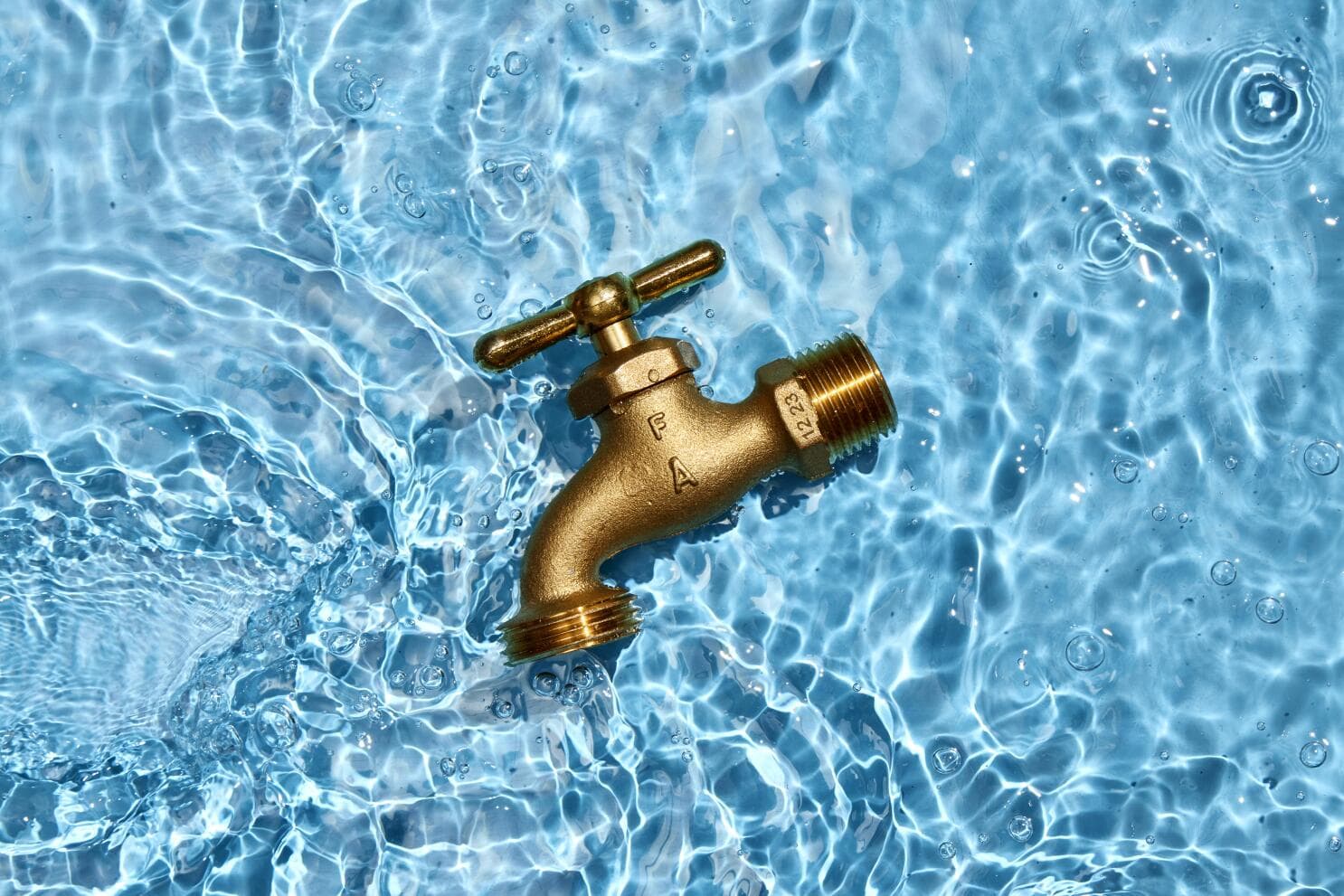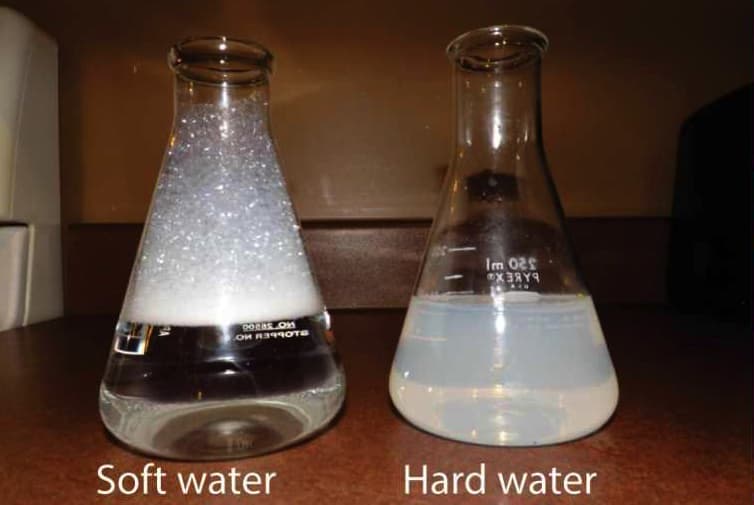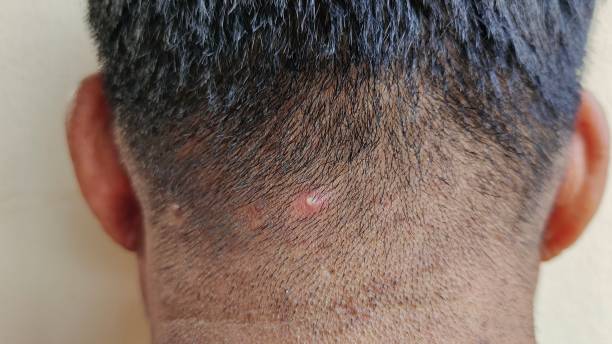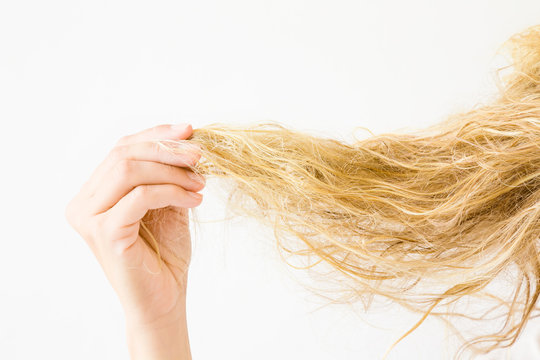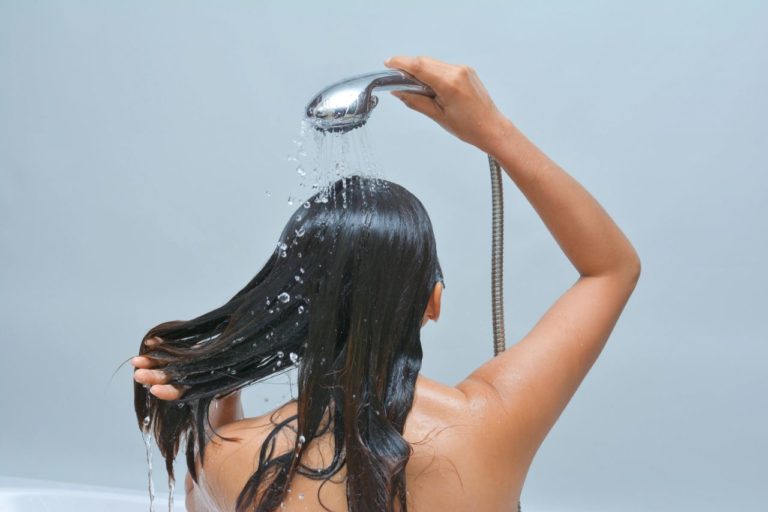Living in the Gulf region, especially in cities like Dubai, presents unique challenges, particularly when it comes to hard water. Dubai’s tap water is considered hard due to its filtration process through layers of sand. The high mineral content, especially calcium and magnesium, can negatively affect hair health. This issue has led many to explore new solutions.One such solution is using drinking water in the shower, as studies suggest that this method can help reverse the damage caused by hard water. Let’s explore this idea in more detail, examining the pros and cons of this “water exchange.”
Tap Water vs. Drinking Water: A Comparison Worth Studying:
1. Hair Dryness:
• Hard Water: Strips hair of its natural moisture, leading to a dry, frizzy, and tangled appearance.
• Drinking Water: Rinsing your hair with drinking water after shampooing helps regain moisture, leaving your hair softer and easier to comb.
2. Scalp Irritation:
• Hard Water: The mineral buildup from hard water can irritate your scalp, causing redness, itchiness, flakiness, and even scalp lesions.
• Drinking Water: Rinsing with drinking water can reduce irritation, promoting a healthier scalp and encouraging hair growth.
3. Hair Breakage:
• Hard Water: The mineral remains from hard water can weaken hair strands, making your hair fragile and more prone to split ends and breakage.
• Drinking Water: Rinsing with drinking water helps remove harmful minerals, reducing the risk of breakage and maintaining hair strength.
4. Dullness and Lack of Shine:
• Hard Water: Can leave your hair looking dull and lifeless due to the mineral coating on strands.
•Drinking Water: Rinsing and showering with drinking water helps restore your hair’s natural shine and vibrancy by removing mineral buildup.
5. Product Buildup:
• Hard Water: Hard water can cause hair products like shampoo and conditioner to build up on your hair, making it feel heavy and greasy. It can also reduce the hair’s ability to absorb beneficial ingredients from hair products.
• Drinking Water: Helps clear away product residue, allowing your hair to feel clean and refreshed while fully benefiting from hair products and oils.
6. Grey Hair:
• Hard Water: Can strip color more quickly, leading to fading and eventually grey hair.
• Drinking Water: Can help protect hair color by preventing mineral buildup, maintaining the vibrancy and richness of the color for longer.
How can we Prevent the Effects of Hard Water on Your Hair?
Now that we understand the drawbacks of hard water, here are some tips to prevent its negative effects:
• Rinsing with Drinking Water:
Always use drinking water as a final rinse after washing your hair with tap water to minimize mineral exposure.
• Shower Filters:
Invest in a showerhead filter that reduces hard water minerals, or mix purified drinking water into your shower routine for easier access.
• Hydrating Hair Products:
Use hydrating shampoos, conditioners, and leave-in treatments that complement the benefits of using drinking water.
• Regular Deep Conditioning:
Incorporate deep-conditioning treatments to repair any damage caused by hard water while providing extra hydration for your hair.
Conclusion:
In a region where hard water is a common issue, maintaining healthy hair is crucial. Thankfully, there are many solutions available. By using the strategies outlined in this article, you can reduce the damaging effects of hard water and keep your hair looking and feeling its best.
We’d love to hear about your hair care journey. share your experiences and stories with us!

